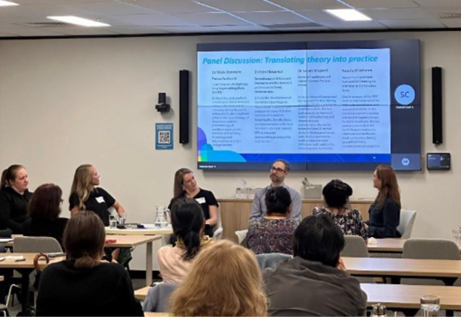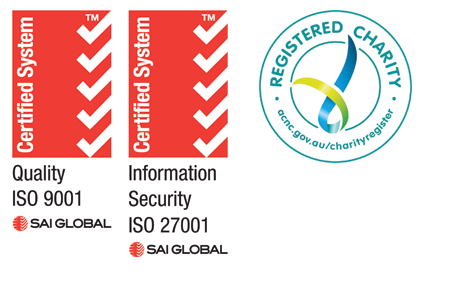Working together to improve safe deprescribing
By Andrew Masterson
In March 2025 NWMPHN partnered with benzodiazepine dependency specialist service reconnexion to host a training session for general practitioners on approaches to safe deprescribing for patients taking antidepressants.
The session was led by Dr Mark Horowitz, an Australian and British psychiatry researcher, and lead author of the standard reference, the Maudsley Deprescribing Guidelines. More than 60 people registered to attend.
Dr Horowitz detailed the debilitating nature of antidepressant withdrawal symptoms and played a short video featuring testimonies from individuals with lived experience.
The lecture provided GPs with strategies to help safely taper their patients from anti-depressant medications, evidencing how they seek to minimise the experience of withdrawal symptoms and improve patient’s quality of life.
Following the presentation, Dr Horowitz was joined by reconnexion’s benzodiazepine withdrawal counsellor Dr Erin Oldenhof, GP Dr Jenny Maxwell, and alcohol and other drug nursing coordinator Natalie O’Halloran, for a panel discussion.
The panel responses helped to dispel misconceptions and stigmas related to antidepressant use and its management, with particular reference to the NWMPHN catchment.
After the event, 80 per cent of attendees said the content and delivery were excellent.

Pictured: Dr Horowitz at the training session for GPs at NWMPHN.
“This event was a great example of showcasing expert practical guidance on an aspect of alcohol and other drug support that is rarely discussed,” said NWMPHN’s Manager, Mental Health and AOD, Stephanie Caroll.
“Withdrawal experiences can occur regardless of whether substances are professionally prescribed or self-administered, a reality that’s rarely discussed.
“The session explored the complexities of medication-related withdrawal, offering practical advice for safer management and emphasising the need for compassionate, person-centred care informed by harm reduction and clinical insight.”
The panel responses helped to dispel misconceptions and stigmas related to antidepressant use and its management, with particular reference to the NWMPHN catchment.
After the event, 80 per cent of attendees said the content and delivery were excellent.
“This event was a great example of showcasing expert practical guidance on an aspect of alcohol and other drug support that is rarely discussed,” said NWMPHN’s Manager, Mental Health and AOD, Stephanie Caroll.
“Withdrawal experiences can occur regardless of whether substances are professionally prescribed or self-administered, a reality that’s rarely discussed.
“The session explored the complexities of medication-related withdrawal, offering practical advice for safer management and emphasising the need for compassionate, person-centred care informed by harm reduction and clinical insight.”



